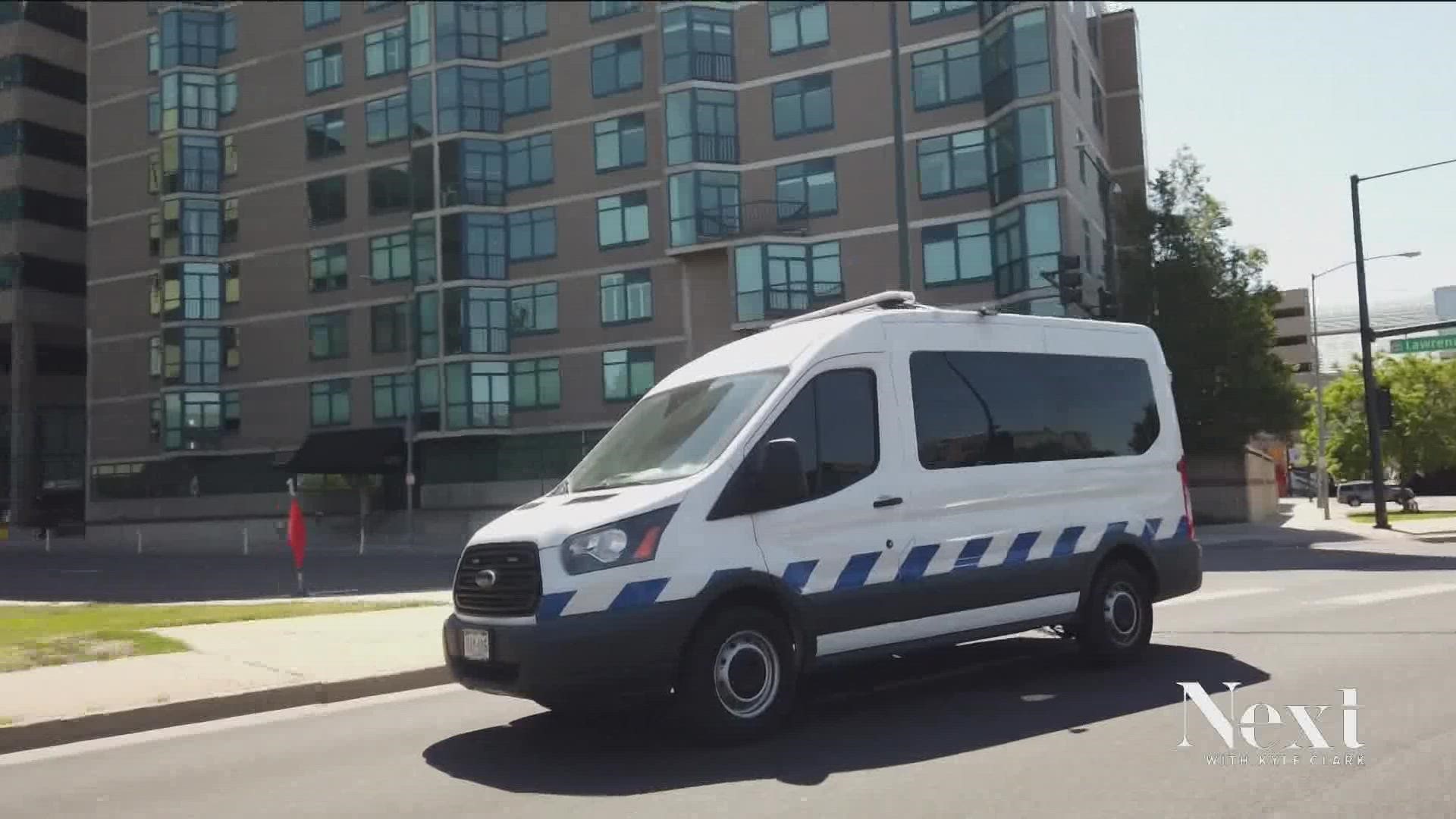DENVER — Denver’s STAR program was launched as an alternative to sending police to some 911 calls. Now, some of the community groups that helped start it say they’re being shut out of determining the program’s future. As STAR expands, Denver is temporarily shutting down the Community Advisory Committee intended to help guide it.
Its members worry it could lead STAR in the wrong direction.
"We’ve been told by the Denver Department of Public Health and Environment (DDPHE) that they have shut down meetings until further notice. We’ve been told this might reconvene next year, but we’re not sure. We don’t have a guarantee that’s a fact," said Vinnie Cervantes, Director of the Denver Alliance for Street Health Response and a member of the committee. "This is the only mechanism of community and public oversight and input into this program of which community oversight is a core foundation of its success and its integrity."
DDPHE sent an email to the members of the advisory committee Monday cancelling all future meetings for upcoming months, promising an “enhanced community engagement model” next year.
Members of the committee see it as a way to silence them for raising concerns about the program’s future.
"We as experts have to have a seat at the table for STAR to be STAR," Alexander Landau, an advisory committee member, said. "What is lost is the voice of the community, what’s lost is the actual blueprint to STAR as a program. This was never intended to be a co-responder model working in collaboration with law enforcement."
The committee has been vocal against STAR responding to calls with any police officers or members of the city’s new street enforcement team, which has the power to ticket people. STAR denies that’s ever happened.
Carleigh Sailon is the operations manager for STAR. She says 30% of calls STAR has responded to were initially dispatched to DPD, the reason STAR and police officers are sometimes on scene together.
"That is absolutely untrue. STAR have never requested police backup due to a safety issue in any neighborhood across the entire city," Sailon said. "We do respond to police requests. So if an officer shows up on scene first and recognizes that STAR is the most appropriate response and there really isn’t a need for a law enforcement presence, they will request STAR over the radio."
The Community Advisory Committee says it will continue holding its regular scheduled meetings, though it’s not clear just how effective those will be without DDPHE employees involved in those meetings. The committee has the power to make recommendations, but no power to actually instill change.
The health department says it hopes to have an outline for a new method to get community input by sometime early next year. It says it hopes for it to be more "equitable" and "effective," but didn’t provide details on what will be different.
As the program expands, the community groups that helped start it want to make sure they have a seat at the table.
"I think removing the community voice from this program delegitimizes what STAR was meant to do and meant to always be," Cervantes said. "Now is a very critical time for the community to be involved in STAR."

